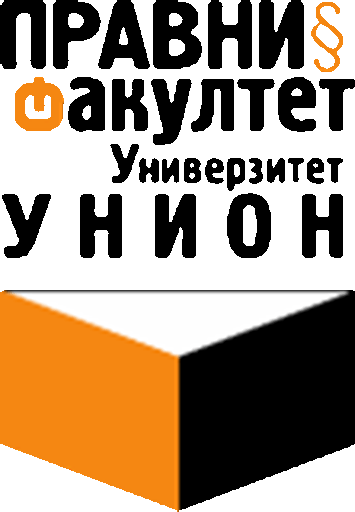ABOUT UULSB
UULSB Establishment and Development
Union University Law School Belgrade (UULSB), has a two decades long successful track record in university-degree education pertaining to the field of law. It was founded in 2001 as a Business Law School. Once it had been registered under that name with the then Ministry of Education and Sports of the Republic of Serbia No. 612-00- 298/2001-04 issued on 1 November 2001, it started working upon receiving the City of Belgrade Commerce Court Decision No. VI-Fi-4031/02 in 2002.
In 2005, the School changed its name into School of Law and it merged with the Union University in Belgrade. Its current name became thus official according to the Registry Entry No. 5-670-00 based upon the City of Belgrade Commerce Court Decision No. Fi. 393/05 issued on 9 September 2005.
The Institution, as well as the UULSB study programmes have been accredited in regular cycles ever. The Accreditation and Quality Assessment Committee of the Republic of Serbia issued the Accreditation Certificate No. 612-00-668/2008-04 on 4 December 2008; UULSB obtained its Operation License No. 612-00- 431/2009-12 from the Ministry of Education of the Republic of Serbia on 8 May 2009.
A total of five study programmes have been accredited during the subsequent reaccreditation cycles, all of them duly filed under No. 612-00-02500/2013-04. UULSB received its University Level Educational Institution Accreditation Licenses, as well as licenses for its three- and four-year undergraduate academic study programmes (BA) on 23 May 2014. Its Masters Academic Studies Programme (MA) in Corporate Law, along with its Doctoral (PhD/SJD) Academic Studies Programme got licensed on 6 February 2015. Finally, its Masters Academic Studies Programme (MA) in Human Rights Law (taught in English) was licensed on 20 March 2015.
Mission and Goal
UULSB mission is to work towards preparing its female and male students alike to become responsible and accountable professionals and leaders in dealing with legal affairs in business and corporate settings, public administration, as well as pertaining to people’s individual affairs, facilitating and participating in development of law in the society and its legal institutions.
The main goal of UULSB is to become a renowned academic centre both nationally and internationally, reputed for its high quality of teaching, academic and scholarly research activities, as well as activities contributing to development of Serbia and the region.
Core Values
Transferring its students legal knowledge and skills in order to prepare them for engaging in legal profession, UULSB activities strive to promote core values of a democratic political culture – above all a culture of tolerance, argument-based dialogue and ethical conduct.
UULSB is dedicated to cultivating academic and scholarly freedom.
In its everyday work, UULSB instigates exchange of opinion, ideas and scholarly research cultures among its staff and students.
Finally, UULSB fosters students’ creativity and innovation by being open to and supportive of their ideas and initiatives.
UULSB Advantages
Once a student has finished UULSB and closed his/her student record book/index, legal subjects will make most of the total of his/her study disciplines than it is customary in other law schools.
UULSB is known for its contemporary way of studying legal disciplines by way of incorporating both theory and practice in teaching. It differs from other university degree law schools because it provides for studying contemporary legal disciplines alongside standard ones, such as EU law, media law, medical law, legal ethics, environmental law, IT law, child rights, etc.
Study programmes have been designed to correlate with corresponding curricula of other European universities.
Customized in its approach to meet the students’ needs, UULSB also offers exemplary availability of professors and other teachers, providing for an excellent student-teacher rapport.
Types of Studies
UULSB enrolls students into the following types of studies:
- First-degree studies – Undergraduate academic studies of law (BA studies; two options: lasting either three of four years);
- Second-degree studies –Master academic studies of law (MA);
- Third-degree studies – Doctoral academic studies of law (PhD/SJD).
Aimed at experience-sharing and introducing students to comparative and international law normative options, UULSB organizes lectures and seminars, aka professional training courses on contemporary legal topics delivered by guest teachers from foreign academic and scholarly institutions the School collaborates with on regular basis. In order to enhance legal knowledge-acquisition and skill-building, teaching involves sessions delivered by judges, sole-practitioner lawyers and attorneys, public prosecutors and other legal experts.
Classrooms and Teaching Halls
Teaching at UULSB is organized in new state-of-the-art classrooms and teaching halls using contemporary audio-visual technology and equipment suitable for video and Power Point presentations.
At undergraduate courses, the courses are delivered in two teaching halls (seating 200 and 80 students) and four classrooms (each seating 55 students).
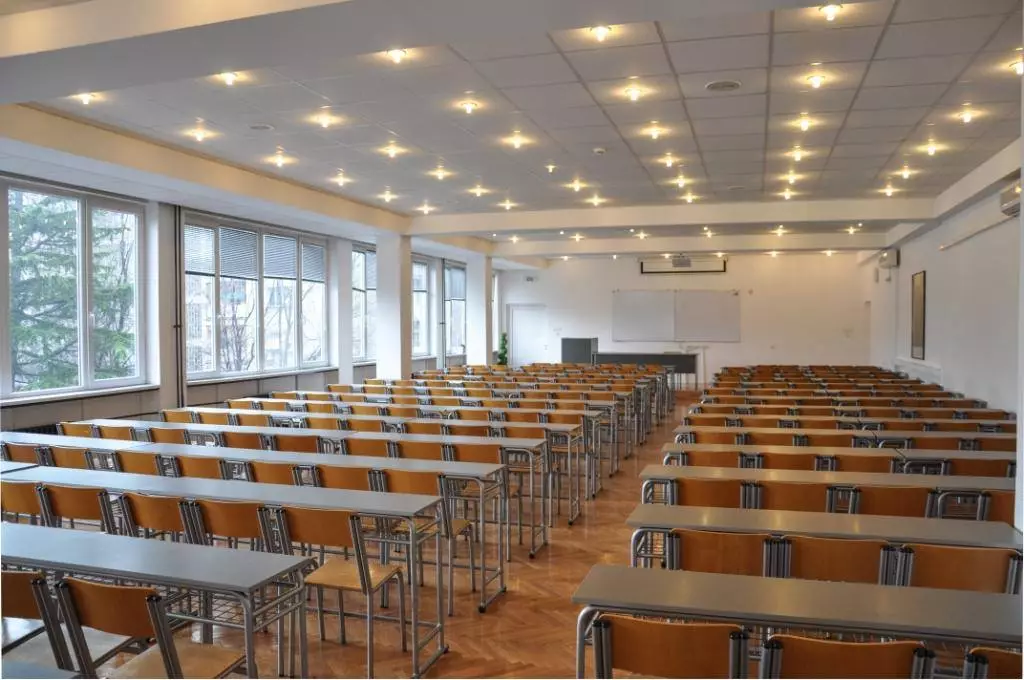





Library and Study Room
A library with over 12,000 titles and a study room seating 60 people is at students’ disposal all year round.
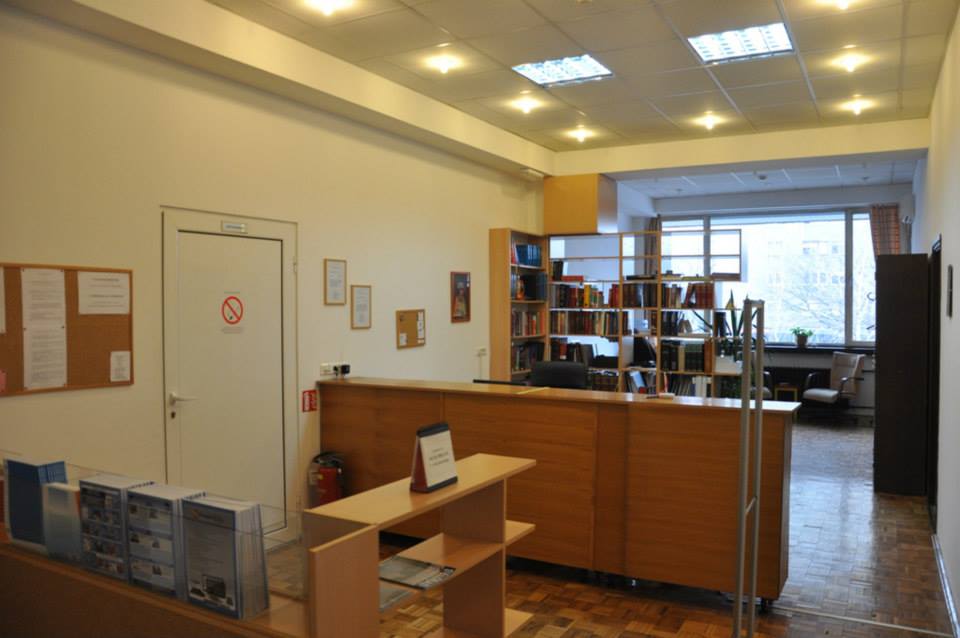

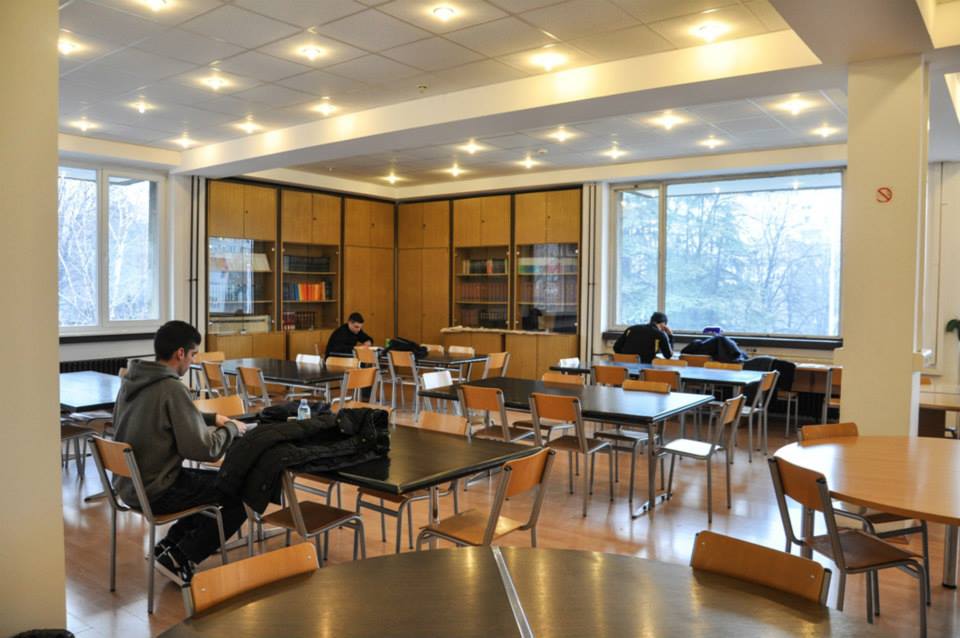

Computer Room
The computer room seats 30 students and has as many computers with Internet access, the MS Office and Paragraph Lex. Students are welcome to use it on weekdays during office hours.
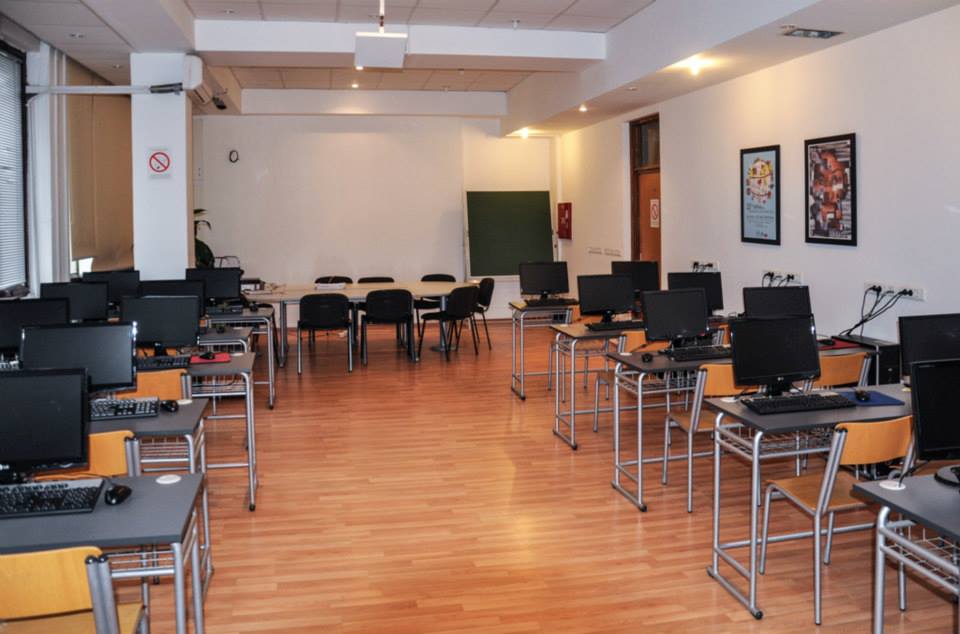

Internship
Each year, UULSB organizes internship for its students with a Lower Court and the Higher Court in the City of Belgrade. The internship is for juniors and seniors attending Civil Procedure Law and Criminal Procedure Law courses. During the internship, the students attend court sessions, do tasks assigned to them by judges and attend lectures organized and delivered by judges.
The internship programme encompasses visiting the courts, learning about their organization and court administration, attending court sessions pertaining to civil and criminal matters, court case studies with judges and lectures delivered by judges concerning court proceedings from the perspective of respective court practice.
As a part of their practice sessions within the scope of the Property Law subject, students have also had a chance to visit the Cadaster Division of the First Lower Court in Belgrade, as well as the Cadaster Institution during their internship. Some of them have done their internship with the City of Belgrade Attorney’s Office, while others have also volunteered there, as well as with the Small Claims Court.
UULSB organizes summer internship for seniors in various sole legal practitioners’ offices, too.
Organized visits to correctional institutions – the Belgrade District Jail and its specialized hospital, the Correctional Institutions in Padinska Skela, Pozarevac and Sremska Mitrovica – are also part of the students’ training at UULSB.
Publishing
Besides teaching, UULSB has a prolific publishing activity contributing to development of the legal thought. The School has its own textbook editions serving as resource material for exams preparation and authored by its own teachers.
UULSB has published monographs, handbooks and commentaries of national laws/acts.
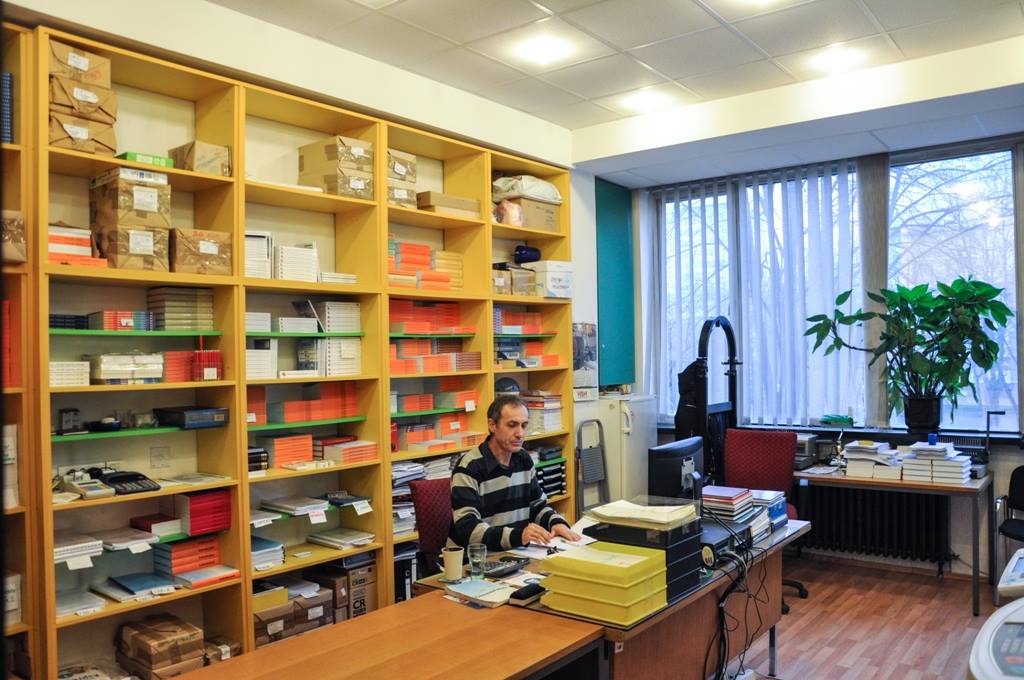

"Pravni zapisi" – The UULSB Scholarly Journal
Since scholarly publishing befits academic institutions the most, including universities and their schools, it is but natural that UULSB has decided to initiate the Pravni zapisi scholarly journal. Legal journals in stable societies favour a comprehensive and sound legal system, the one with an entirety of functioning vertical and horizontal nomothetic lines. Due to challenges of the transition, Serbian legal system is neither complete, nor sound or consistent. Yet, in the existing agglomerate of regulations, it is challenging because it provides authors with a chance to express their skill of identifying and solving legal antinomies and problems. This journal, however, is not limited only to that. It deals with the philosophy of law, as well as its past and future because they all influence stabilization of any legal system or legal order.
The Journal is published semi-annually, its first issue appearing in 2010. It contains articles, legal current affairs, scholarly, expert or professional contributions, reviews, students’ papers, court ruling commentaries and a bibliography, with a possibility to introduce new permanent or temporary sections. It is affiliated to UULSB, but anyone is welcome to contribute to it in the effort to create a respectable and scientifically well-founded publication that would provide as a sound base to anyone participating in law-creation, application of law or legal protection.
Membership of its Editorial Board, as well as that of the Scientific Advisory Board, is international.
In order to maintain a high quality of the Journal, all contributions to it are subject to a two-stage anonymous review process prior to publishing. Aiming for the highest standards, the Pravni zapisi journal started applying the ASEESTANT electronic journal editing system; from its No. 1/2012 onwards it is also fully accessible in the SCI index, too. Languages of publication are Serbian, English, French, German and other.
Professional Orientation and Employment Student Support Centre
Aimed at providing assistance to students with identifying professional development, internship and employment opportunities, the Centre has been established to help students compose their CVs, write motivation letters and prepare other documents as a part of their response to a stipend-awarding or vacancy announcement.
